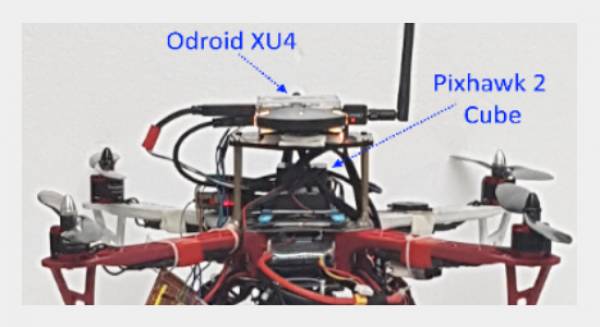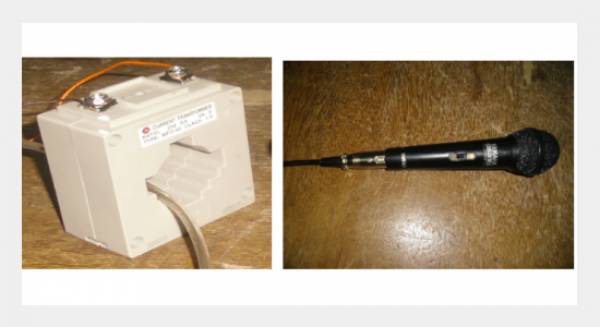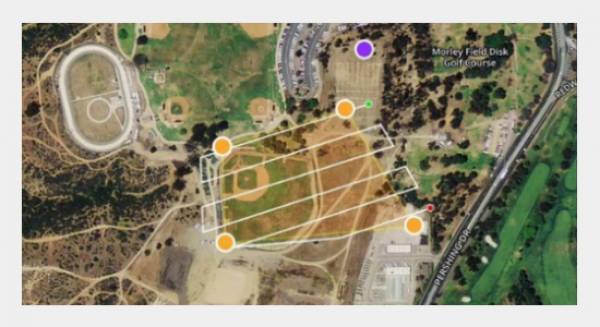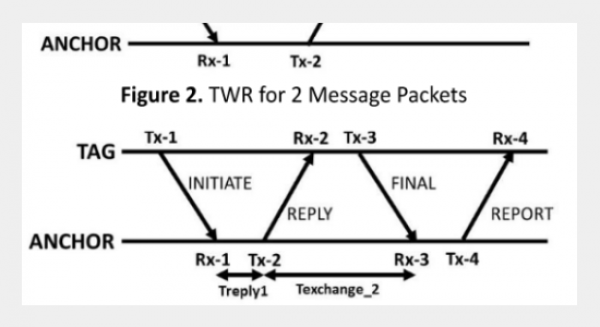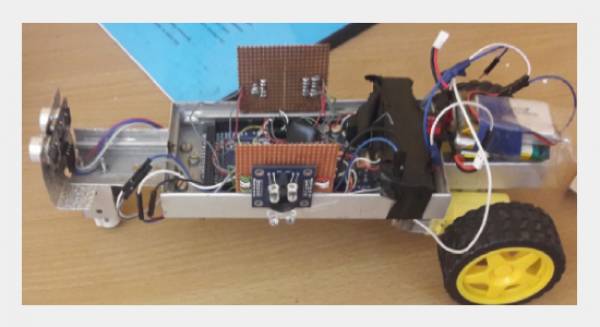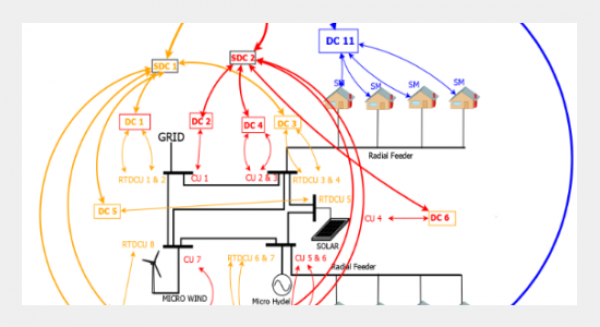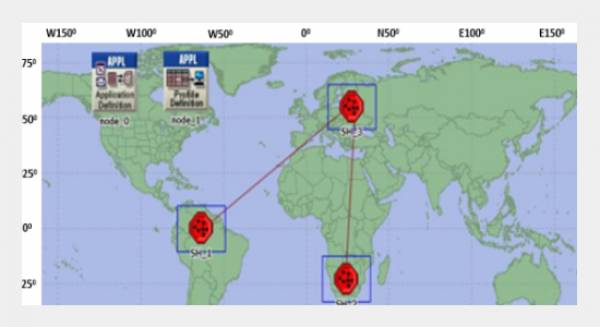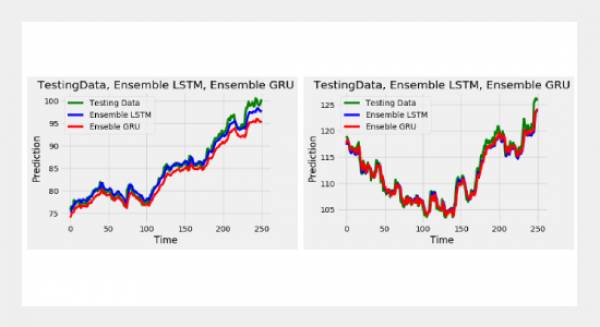The evolution of technology has revolutionized our living spaces by simplifying and enhancing our day-to-day activities. Technology serves as a pivotal tool and plays a fundamental role, finding its application across various domains from healthcare to agriculture. However, it's evident that no single machine can meet the unique demands of every sector. To address this challenge, we've engineered an embedded system that offers the adaptability and customization needed for diverse specifications. Embedded systems involve the integration of hardware components with embedded software. These systems can function as standalone units or as subsystems within larger frameworks. They are purpose-built to execute specific tasks, such as a fire alarm system designed solely to detect smoke. The integration of AI with embedded systems heralds the future of this technology. Embedded AI refers to the implementation of machine learning and deep learning within the software at the device level. This approach empowers the system to provide predictive insights and flexible data analysis. Crafting intelligent software that operates within resource-constrained environments, especially in real-time settings, is a complex endeavor. To address this complexity, solutions like parallelizing reasoning or incorporating hardware components have been devised. Moreover, forging connections between AI models and various embedded systems is a paramount objective in this domain.
The effective application of embedded AI hinges on advancements in hardware technology. In this special issue, we aim to attract original research papers that investigate the use of AI to enhance the flexibility of embedded systems. We encourage papers that address innovative AI-driven solutions for various domains including but not limited to autonomous vehicles, smart healthcare devices, edge computing, and the Internet of Things. We are particularly interested in studies that address the practical implementation of AI in embedded systems, assess their performance in real-world scenarios, and propose solutions to address challenges such as security, resource constraints, and reliability.
Submit your manuscrip here -> https://review.gigvvy.com/login
This special issue will be published on the new website -> https://gigvvy.com/journals/ausmt
Topics of particular interest include, but is not limited to:
- Edge AI for real-time decision-making in embedded systems.
- Machine learning techniques for adaptive power management in IoT devices.
- Predictive maintenance using AI in industrial embedded systems.
- Security measures and challenges in AI-driven embedded systems.
- Lightweight AI models for resource-constrained embedded devices.
- AI-based solutions for autonomous vehicles, including perception and decision-making.
- Health monitoring and diagnosis through AI-powered medical embedded systems.
- Human-robot interaction with AI-enhanced robotic systems.
- AI for intelligent control in smart grid applications.
- Natural language processing in embedded systems for voice commands and chatbots.
- AI-driven image and video processing for surveillance and computer vision applications.
- Reinforcement learning for adaptive control in embedded systems.
- AI-based fault detection and isolation in aerospace and automotive systems.
Manuscript Submission – Key Dates:
Submission Deadline: 05th May, 2024
Author Notification: 05th July, 2024
Revised Papers Deadline: 25th August, 2024
Final Notification: 25th October, 2024
Guest Editor Details:
Prof. Aleksandra Kawala-Sterniuk (Managing Guest Editor)
Faculty of Electrical Engineering, Automatic Control and Informatics,
Opole University of Technology, 45-758 Opole, Poland
E-mail: This email address is being protected from spambots. You need JavaScript enabled to view it., This email address is being protected from spambots. You need JavaScript enabled to view it.
ORCiD-Link: https://orcid.org/0000-0001-7826-1292
Scholar-Link: https://scholar.google.com/citations?user=stUsxGgAAAAJ&hl=en
Prof. Adam Sudol (First Co-Guest Editor)
Institute of Environmental Engineering and Biotechnology,
Faculty of Natural and Technical Sciences,
University of Opole, Kominka 6/6A, 45-035 Opole, Poland
E-mail: This email address is being protected from spambots. You need JavaScript enabled to view it.
ORCiD-Link: https://orcid.org/0000-0001-9620-0688
Scholar-Link: https://scholar.google.com/citations?user=n0WRLDgAAAAJ&hl=en
Prof. Mariusz Pelc (Second Co-Guest Editor)
School of Computing and Mathematical Sciences,
University of Greenwich, London, SE10 9LS, UK
E-mail: This email address is being protected from spambots. You need JavaScript enabled to view it.
ORCiD-Link: https://orcid.org/0000-0003-2818-1010
Scholar-Link: https://scholar.google.com/citations?user=ikv9LOMAAAAJ&hl=pl
Prof. Radek Martinek (Third Co-Guest Editor)
Department of Cybernetics and Biomedical Engineering,
VSB-Technical University of Ostrava, 70800 Ostrava, Czech Republic
E-mail: This email address is being protected from spambots. You need JavaScript enabled to view it.
ORCiD-Link: https://orcid.org/0000-0003-2054-143X
Scholar-Link: https://scholar.google.cz/citations?user=56BAo9AAAAAJ&hl=en


